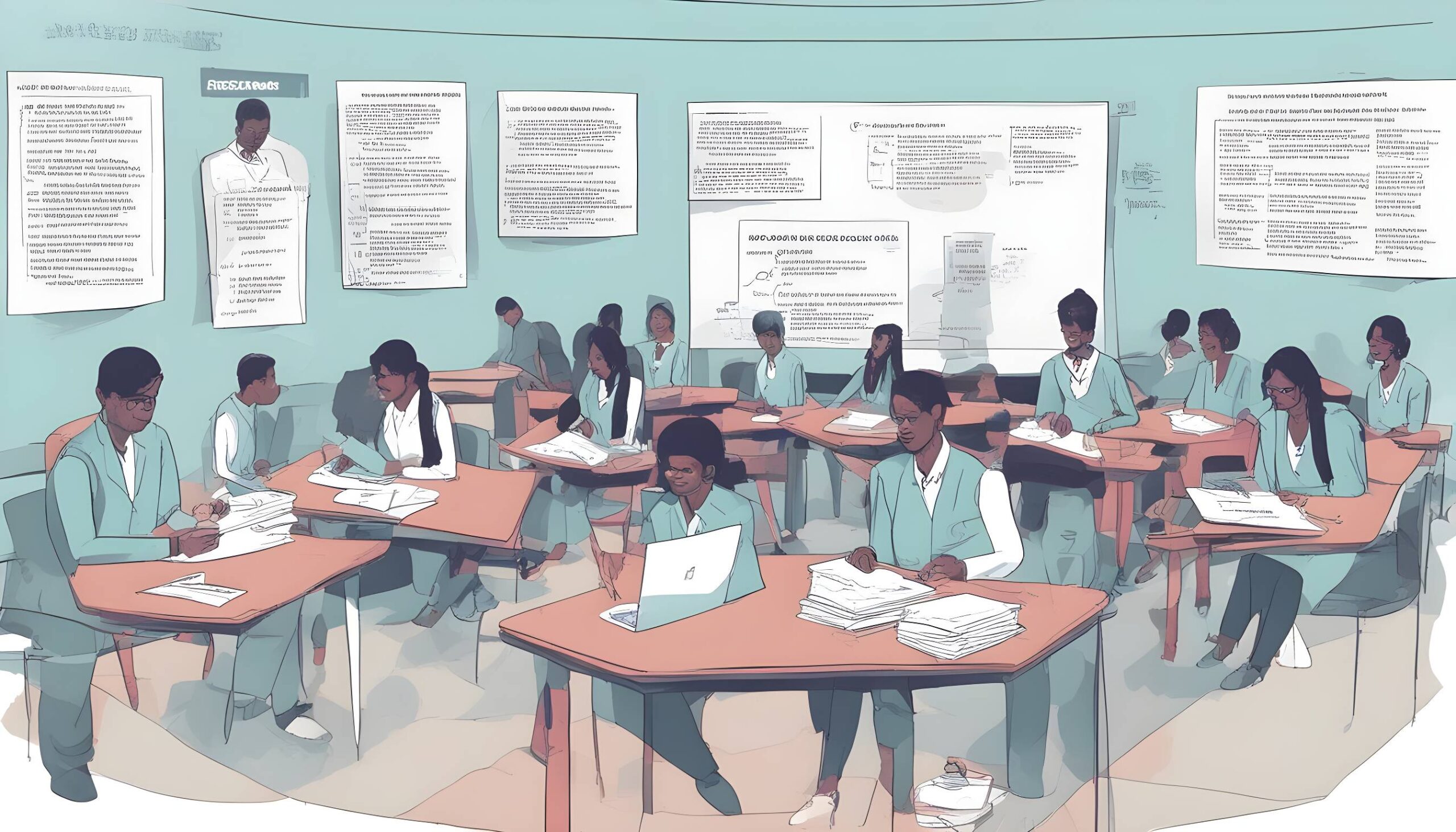In the vast realm of government employment in India, the Staff Selection Commission (SSC) stands as a cornerstone in recruiting individuals for various governmental positions. Established to maintain a standardized recruitment process for different ministries, departments, and organizations under the Government of India, the SSC plays a pivotal role in selecting qualified candidates for diverse roles across the country.
Origin and Evolution
The inception of the Staff Selection Commission dates back to November 4, 1975, when the Government of India constituted it to oversee the recruitment of non-gazetted staff for various government departments and offices. Over the years, the commission has evolved and expanded its responsibilities, catering not only to Group B, C, and D posts but also undertaking examinations for Group A positions in certain cases.
Key Functions
The primary function of the SSC is to conduct examinations and recruitments for different positions across governmental departments, ministries, and subordinate offices. It conducts numerous examinations annually, such as the Combined Graduate Level Examination (CGL), Combined Higher Secondary Level Examination (CHSL), Junior Engineer Examination (JE), and many more.
One of the distinguishing aspects of the SSC is its commitment to maintaining fairness and transparency in the recruitment process. The commission follows a rigorous selection process, including written examinations, skill tests, and interviews, ensuring that only the most deserving candidates are appointed.
Examinations Conducted by Staff Selection Commission
The SSC conducts various examinations catering to different educational qualifications and skill sets. Some of the prominent examinations conducted by the commission include:

- Combined Graduate Level Examination (CGL): This examination recruits candidates for Group B and Group C posts in various government departments.
- Combined Higher Secondary Level Examination (CHSL): Targeted at candidates who have completed their 10+2 education, this examination is for positions like Lower Division Clerk (LDC), Data Entry Operator (DEO), etc.
- Junior Engineer Examination (JE): Conducted to recruit Junior Engineers in Civil, Mechanical, Electrical, Quantity Surveying, and Contract disciplines.
- Multi-Tasking Staff Examination (MTS): This examination is for recruiting candidates for subordinate offices and involves positions such as Peon, Daftary, Jamadar, Junior Gestetner Operator, and others.

SSC and Empowering Employment Opportunities
The significance of the Staff Selection Commission lies in its role in providing equal opportunities for employment to aspirants from diverse educational backgrounds and regions across the country. It serves as a bridge, connecting qualified individuals with government positions, thereby contributing to the nation’s workforce while promoting fairness and inclusivity.
The commission’s reach extends across urban and rural areas, conducting examinations and recruitment drives in various regions, ensuring that talent is identified and nurtured from all corners of the nation.
Challenges and Reforms
While the SSC has been instrumental in facilitating employment opportunities, it has faced challenges related to the conduct of examinations, logistical issues, and ensuring a smooth and transparent selection process. Over time, efforts have been made to address these challenges, incorporating technological advancements, refining examination patterns, and implementing measures to enhance the efficiency and credibility of the recruitment process.
Additionally, the commission has continuously worked on minimizing discrepancies, ensuring timely announcements of results, and providing a level playing field for all candidates.
Conclusion
The Staff Selection Commission stands as a beacon of opportunity, providing a platform for aspirants to fulfill their aspirations of securing a government job. Its commitment to fair and transparent recruitment processes has contributed significantly to the nation’s workforce while enabling the realization of countless dreams.
As it continues to evolve and adapt to the changing landscape, the SSC remains a vital link in the chain of recruitment for various governmental positions, playing a pivotal role in shaping the future of countless individuals and the nation as a whole.




